How does one help a child with Reactive Attachment Disorder receive gifts and be okay before, during, and after the receiving has occurred?
Receiving gifts during the holiday season can be extremely challenging for a child with
Reactive Attachment Disorder.
Gifts are a token of love, which is triggering.
Often times gifts are destroyed after they are received.
Gifts between family members promotes healthy attachment, which is triggering.
During the holidays behaviors towards targets may increase as the RAD brain pushes back.
Gifts are often a surprise, which is triggering.
Here are 10 ways we've found help a child with RAD receive holiday gifts.
How to Help a Child with RAD Receive Holiday Gifts
Warning: This
page contains content related to Reactive Attachment Disorder that may be
triggering to some.
Important: Children with RAD are
victims of abuse and/or neglect. Behaviors associated with Reactive Attachment
Disorder are due to how the brain forms while the innocent child is surviving
trauma. It is our goal to support healthy and loving families where children
with RAD can heal, if possible.
1. Create a wish list of SAFE gifts for the child with Reactive Attachment Disorder to receive from others.
Holiday wish lists are so helpful for the givers and the receivers.
Encourage your child with Reactive Attachment Disorder to make a wish list of safe gift ideas, if she is capable.
Send the list to others who will be giving gifts to your child with RAD.
Set a boundary with others (especially extended family), that gifts should come from the list, with no added surprises.
This is to ensure everyone's safety during the holidays and beyond.
Talk to others outside of extended family who may be giving gifts to your child with Reactive Attachment Disorder and get an idea of what type of gift they are considering, so you can encourage your child to put something like that on their list.
Share the list with teachers and friends who may want to give.
The child with Reactive Attachment Disorder can feel a little less anxious about gifts, knowing that what she receives is limited to the list she created.
You as the caregiver can feel less anxious, knowing all gifts received are safe and okay, minimizing battles and unsafe behaviors that may occur later.
Some may feel that only giving gifts that come from a wish list is inappropriate or wrong.
That's their problem.
Your job is to help your child with Reactive Attachment Disorder and everyone else in your immediate family feel safe and okay during the holiday season.
People can either choose to get on board, or not give a gift at all.
2. Go shopping with your child with Reactive Attachment Disorder and purchase gifts together.
People most often fall into two groups at Christmas.
There are those who want all of their gifts to be a surprise, and there are those who want to know everything they're getting ahead of time.
Those who have experienced trauma often fall into the latter category.
There is absolutely nothing wrong with knowing what you're receiving for Christmas ahead of time.
For many it makes the holidays that much brighter.
Making a wish list and then picking up or ordering Christmas gifts together, ahead of time, can make such a difference for a child with RAD.
Knowing what's coming removes so much anxiety and decreases unsafe behaviors.
Helping with the process of obtaining gifts builds trust between the caregiver and child with Reactive Attachment Disorder.
The experience of shopping together, whether that means ordering online or shopping in stores, can be a positive experience.
You have the opportunity to make it special by including a meal or snack.
Just remember to keep things simple.
Since the shopping experience is all about the child with Reactive Attachment Disorder, there is less of a chance of unsafe behaviors, especially when boundaries on how much money or how many gifts is set ahead of time.
Shopping with your child with RAD may be one of the most pleasant experiences of the season.
3. Allow your child with Reactive Attachment Disorder to look at gifts before Christmas.
Just because a child with Reactive Attachment Disorder makes a wish list that is given to others, and goes shopping with the caregiver to purchase gifts, does not mean that she believes she's going to receive said gifts.
The RAD brain is already activated because it's the holiday season.
It does not trust anything or anyone.
When you notice your child with RAD struggling before the big day, offer to let her see her gifts unwrapped to remind her that all will be okay.
Do not threaten to return holiday gifts when there are unsafe behaviors leading up to the big day.
Holiday gifts should never have to be earned.
A child with Reactive Attachment Disorder will not be their best during the holiday season. That's just a fact.
If you are planning to wrap gifts for a child with Reactive Attachment Disorder, choose to wrap them last, so allow for multiple viewings of gifts if necessary.
Once gifts are wrapped, anxiety may increase.
4. Don't Wrap Gifts for a Child with Reactive Attachment Disorder Unless Given Permission from the Child
A child with Reactive Attachment Disorder may not like surprises.
A gift that is wrapped is a HUGE surprise, even if the child with RAD already knows what's supposed to be inside.
The RAD brain may wonder what if something different is inside? What if the gift is meant to hurt me?
A child with Reactive Attachment Disorder may not trust enough to handle gifts being wrapped.
In these instances, it's okay to remove all packaging from items.
It's okay to NOT wrap gifts.
It's okay to just put gifts in holiday bags with no tissue paper.
Remember that the goal is safety and happiness for all in your immediate family during the holiday season.
If wrapping paper is the thing that's going to make or break the day, it's okay to say no.
Give wrapping directions to extended family and friends who may also be giving gifts to your child with Reactive Attachment Disorder.
Some may think you're crazy, bad, or wrong, but it doesn't really matter.
Either they can choose to help or not.
If they choose not to help, you have every right to set boundaries related to giving gifts to your child with RAD.
5. Have your child with Reactive Attachment Disorder Help Wrap Gifts
Set aside time for a wrapping party and allow your child with RAD to help, if possible.
You can even go shopping for
wrapping materials together and let her pick out the ones she wants to use for gifts.
The child with Reactive Attachment Disorder can wrap her own gifts and/or help you wrap gifts for others.
If the child with Reactive Attachment Disorder helps wrap her own gifts, she will know exactly what is in each box or bag, which may increase tolerance for wrapping materials.
Be sure to have the child with RAD write on each tag as she wraps, so she sees her own handwriting at the time of opening.
This is a fabulous grounding tool.
It may be beneficial to write the gift on the tag, just in case she does forget what's inside and starts to panic.
Wrapping gifts together can be a very positive experience during the holiday season which builds trust and attachment.
You're showing your child with RAD that you understand and accept what she needs to be okay when receiving gifts.
6. Plan for Gifts Received by a Child with Reactive Attachment Disorder to be Mistreated
There's a difference between preparing to receive gifts and what happens after the gifts are received.
The RAD brain will most often be triggered by receiving gifts.
It's just a fact of life.
Once the RAD brain is triggered, there is push back.
Choose gifts that are less likely to be destroyed or used as weapons towards others.
Understand when gifts are used inappropriately, this is not a reflection of how horrible your child with Reactive Attachment Disorder thinks you are, nor is it a plot to ruin your life.
It's just the RAD brain being triggered.
Over time the child with Reactive Attachment Disorder will be able to accept the gifts and be safe with them.
If you do need to remove newly received gifts for safety, don't get rid of them.
Save them for when your child with Reactive Attachment Disorder is ready to be safe with them.
In my experience this usually happens within a couple months after the holiday season is over, if not sooner.
7. Give Experiences instead of Gifts during the Holiday Season
Depending on the child with Reactive Attachment Disorder and their specific behaviors, an experience instead of a gift may be more appropriate during the holiday season.
Due to the severity of RAD behaviors, experiences are usually family focused.
A child with Reactive Attachment Disorder may not be able to function in an extra-curricular activities with peers.
If you're up for behaviors that may arise by gifting the entire family an experience, you may choose to go that route.
Other times it may be best to choose experiences that are more intimate and focused on only the child with Reactive Attachment Disorder.
Please note that there's always a chance of unsafe behaviors before, during, and after an experience, but no one can take away the pleasant moments the experience provides.
Those pleasant moments happened and were real.
Experiences can't be destroyed like hand held gifts received during the holiday season.
Experiences can't be used as weapons either.
Remember, experiences don't have to be big or even ones that take place out of the home.
Sometimes simple is best!
8. Help Your Child with Reactive Attachment Disorder Write a Letter Explaining Stress and Anxieties to Share with Extended Family and Friends Before the Holidays Begin
When your child with Reactive Attachment Disorder is old enough to write, and is willing to do so, it can be beneficial for her to learn to advocate for herself and her needs related to past trauma.
This is especially important when it comes to extended family and friends.
Help your child outline her needs related to Reactive Attachment Disorder and receiving gifts in the letter.
It may be helpful to send it with the wish list that's been created.
Extended family members and friends may be more willing to keep appropriate boundaries during the holiday season when they are requested from the child with RAD, rather than the caregiver.
If extended family members and friends are still unwilling to help, then an opportunity to discuss healthy boundaries and relationships arises.
9. Follow the Lead of Your Child with Reactive Attachment Disorder During the Holiday Season
Not every child with Reactive Attachment Disorder will need all of the interventions mentioned above when receiving gifts.
Some interventions may only be needed for a short time as the child with RAD heals and begins to trust the world around her.
Include your child with Reactive Attachment Disorder in all discussions about how to help her receive gifts during the holiday season, if possible.
Work together to talk through the differences between past trauma and the present.
Focus on ways to help anxiety and panic.
Discuss why people give gifts during the holiday season to lessen the threat and expectations of receiving gifts.
Role play giving and receiving gifts, practicing the process of opening them, and knowing what to say to the giver no matter the circumstance.
Explain that it's okay to memorize the process and have it feel awkward in the moment.
10. Celebrate the Holidays on Different Day than Expected
More unsafe behaviors occur the closer the holiday is, in many cases, when it comes to a child with Reactive Attachment Disorder.
In these circumstances, move up the date of the holiday to meet the needs of your immediate family.
There is absolutely no reason why a holiday has to be celebrated on a specific day, especially when it comes to the safety of family members.
Celebrating a holiday with immediate family sooner than the actual day can help RAD behaviors so much.
There is a tendency for a child with Reactive Attachment Disorder to want what she wants, when she wants it, which is usually NOW.
When she doesn't receive what she wants NOW, unsafe behaviors occur.
Depending on the child with Reactive Attachment Disorder, you may or may not want to tell her of plans to celebrate a holiday early.
In our home, caregivers always keep options open.
If we can make it to the big day, then we do.
But, if we observe it's not going to be possible, we don't and surprise everyone with an early holiday celebration.
When immediate family members celebrate a holiday early, it can help a child with Reactive Attachment Disorder function better at extended family and friend celebrations.
Celebrations are more spread out and less overstimulating and anxiety ridden.
To the Caregiver of a Child with Reactive Attachment Disorder Who Seems to Love Surprises
There are children with Reactive Attachment Disorder who seem to love surprises.
Wrapping doesn't seem to be an issue.
Anticipating surprises drives excitement.
Elation and joy radiate from the child with RAD as gifts are received and opened.
Please be aware that there is still anxiety surrounding receiving gifts, it's just being shown in a different way.
Ultimately the child will crash after the excitement is over and the natural high has worn off.
This will lead to unsafe behaviors and Reactive Attachment Disorder fits.
Gifts are often destroyed or used in unsafe ways.
Family members are targeted by the RAD brain.
Destruction and other unsafe behaviors are not necessarily the result of being surprised, but have to do with love, trust, and attachment.
A child with Reactive Attachment Disorder may not be okay with the holidays being over.
If you find yourself in this scenario, following the tips above can help prevent and minimize the crash afterwards, but a lot of effort will be put into post holiday interventions which is a completely different subject.
Receiving gifts during the holiday season is extremely difficult for a child with Reactive Attachment Disorder.
It's our hope that these tips can help you have a more peaceful and relaxing holiday season.
If you enjoyed this post, you may also like the resources below.












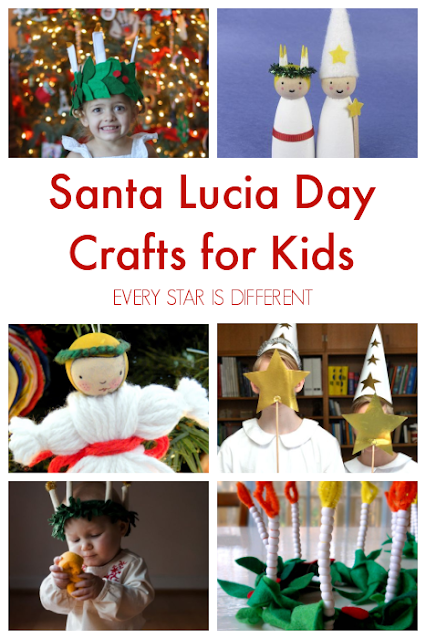
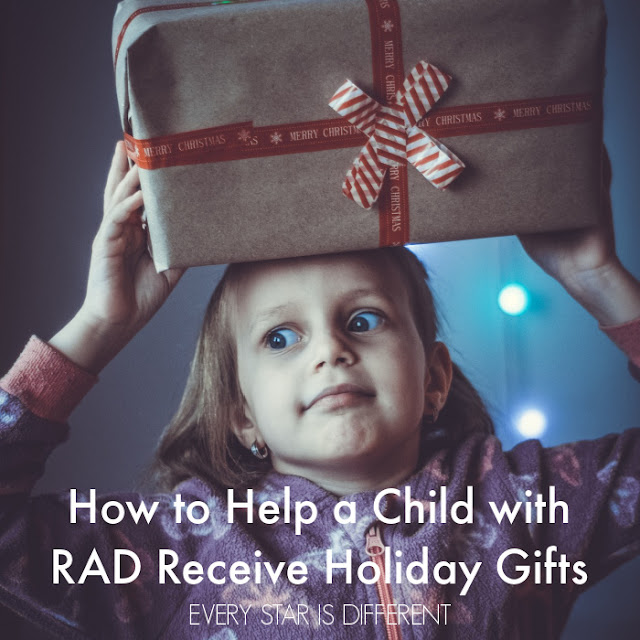

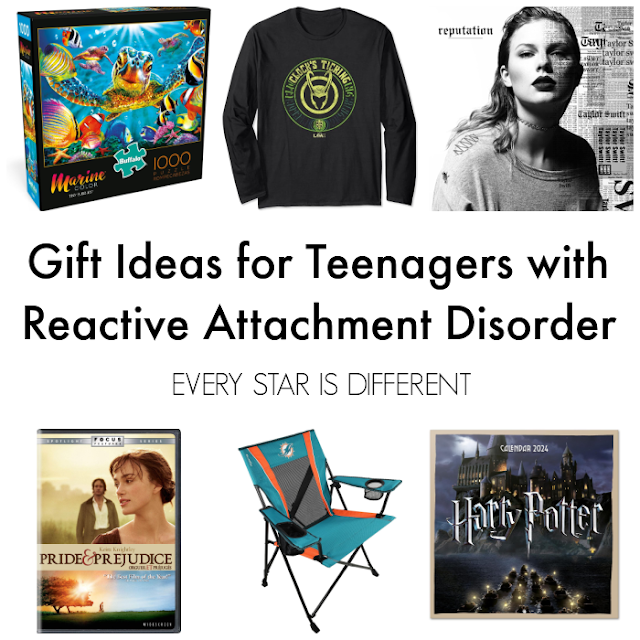





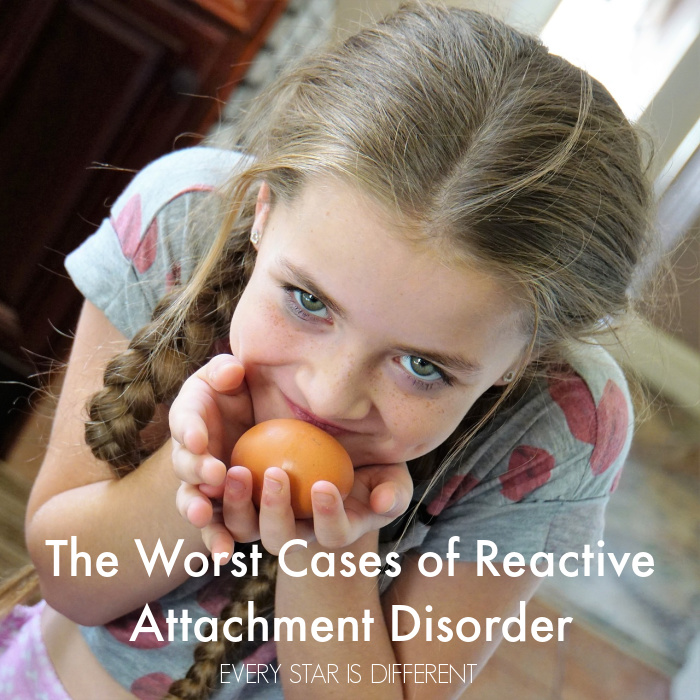
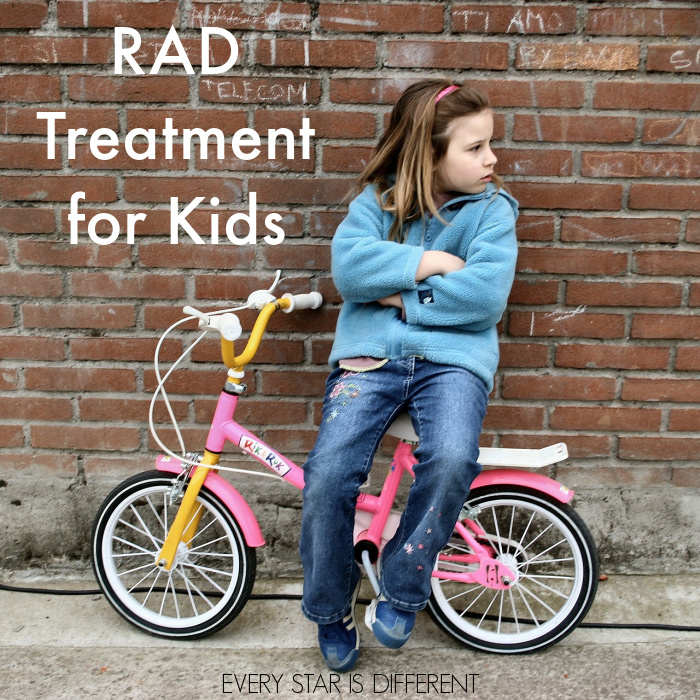











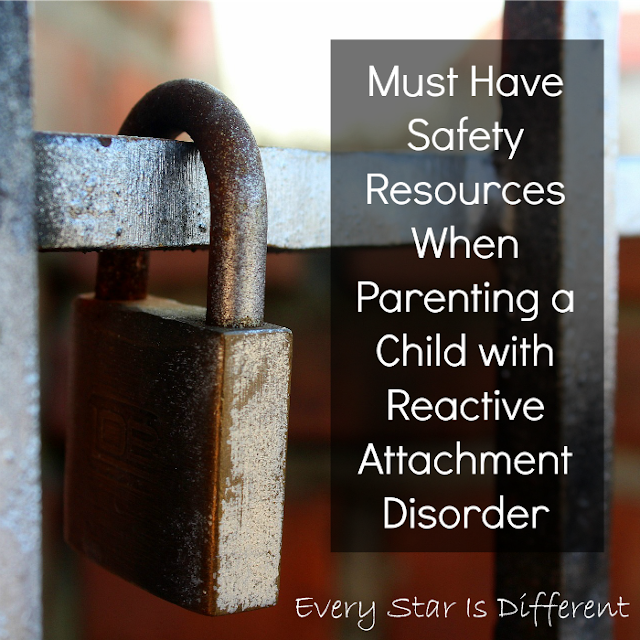
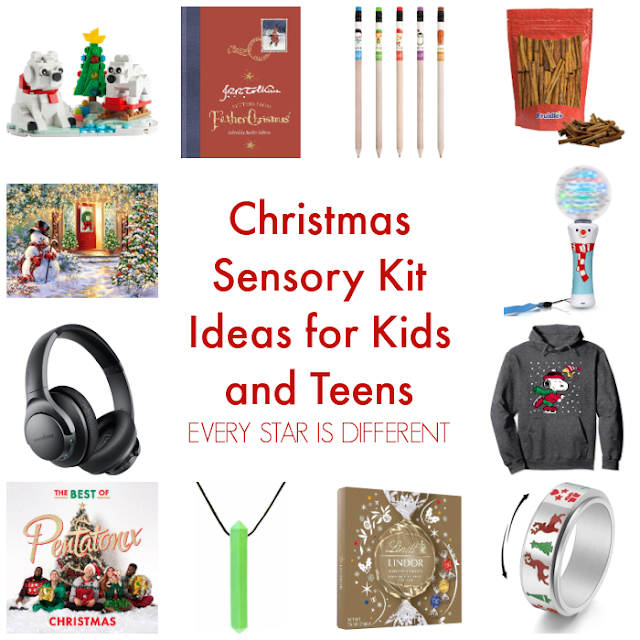



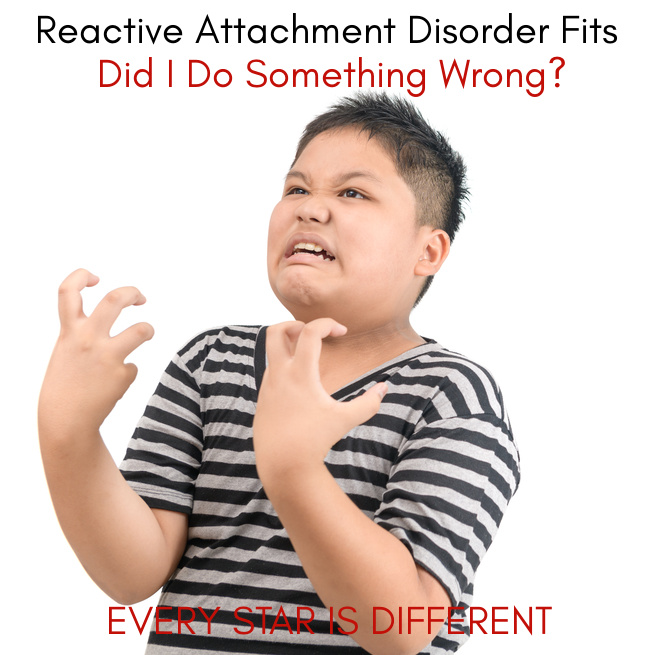


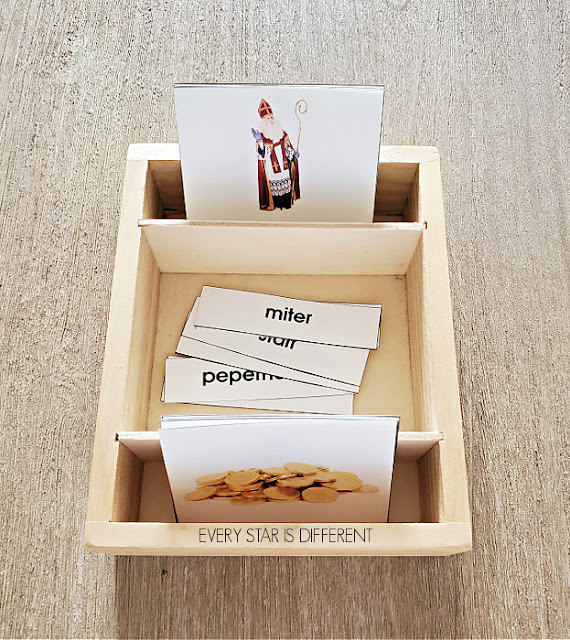
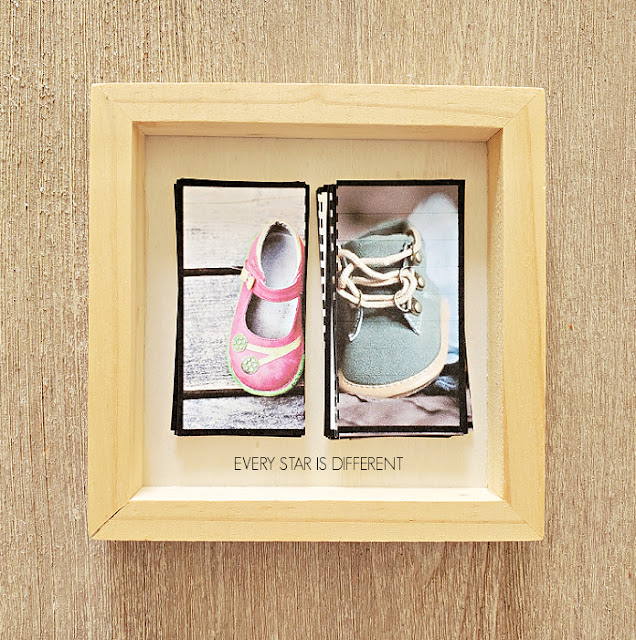

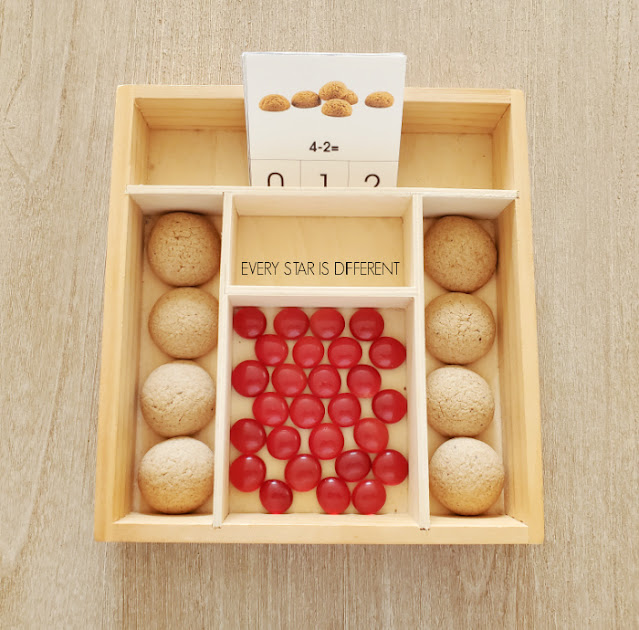
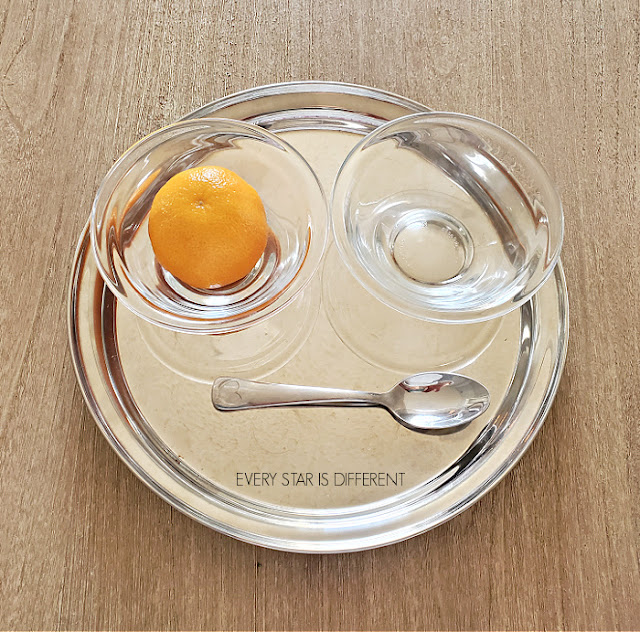
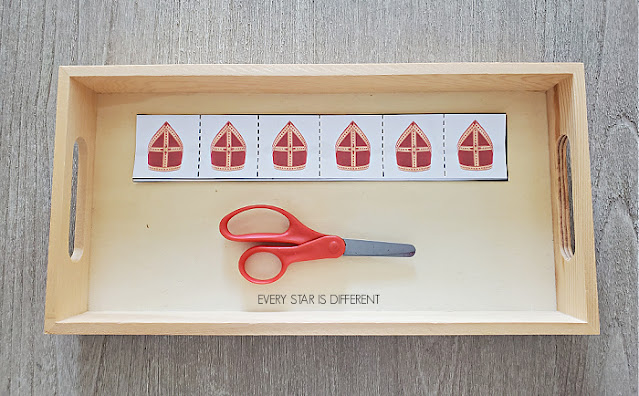





.png)
